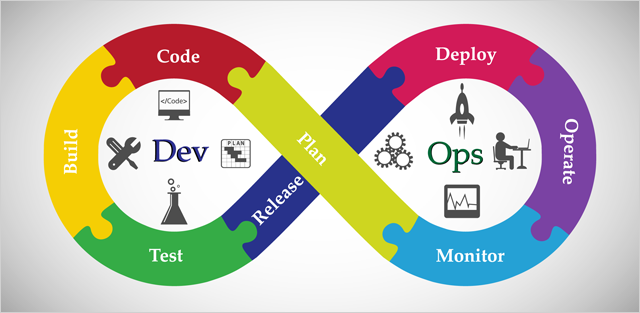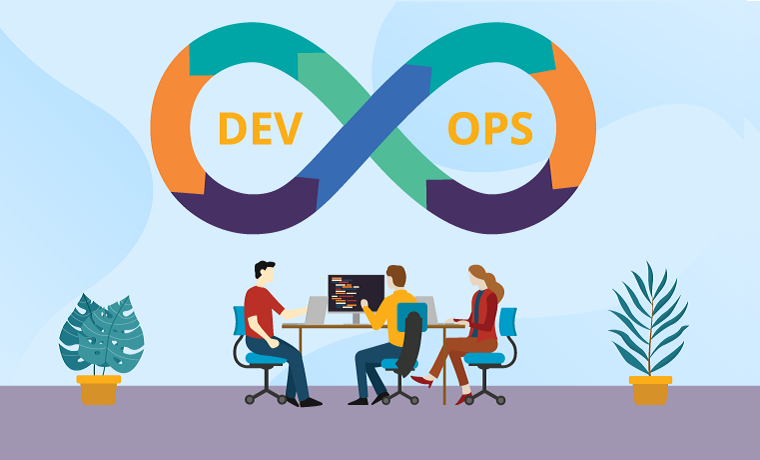The economic landscape of the United States continues to grow as treatment options for COVID-19 are provided to workers. Though some businesses have fully opened their doors for employees to come back into the office, many still utilize telework options. In whatever capacity workers are brought back into the work landscape, many businesses use certain practices to keep their businesses running successfully.
One such practice includes DevOps. We’ll focus on how this process works in businesses across the country.
What is DevOps?
To get an idea of how DevOps works in business you’d have to determine first what it is. DevOps involves a combination of development and operations. This process brings together a mix of practices, cultural philosophies, and tools. All of these are combined to provide continuous delivery of applications and services. The DevOps process also helps to take products from the architecture or drawing board stage to an actual market quicker than normal.
This is faster than it would take traditional software development. That occurs due to operations and development teams who are working together throughout the entire lifecycle of the product. Using these DevOps practices, the product can get from the development team to the end-user in a quicker fashion. This efficient software delivery helps to keep the customer happy, while also allowing significant benefits for the company utilizing the DevOps process. The goal with DevOps throughout the entire lifecycle of this process is to improve collaboration between the development teams and operations.

To do this, many companies encompass the culture and people within an organization. Many companies such as data science software industry leader TIBCO have realized that both the culture and people within a company provide significant benefits for their companies. The term “DevOps” even focuses on these different components. “Dev” refers to developers, but also everyone involved in the developing software. This includes QA and product teams. “Ops” also refers to the actual people including system administrators, systems engineers, operations staff, DBAs, release engineers, network engineers, and security professionals.
Tapping into the unlimited potential of the culture and people of an organization can benefit a business in many ways. Your company will experience continuous feedback from its workers throughout the developmental process of many projects. This helps to keep your company aware of what’s working and what’s not working. This ultimately will help you provide higher quality services that will help you to perform at a competitive advantage as compared to your other competitors. DevOps embodies all these components and much more in defining what role exactly that it plays in the business.
How does DevOps work?
The process of DevOps operates through a variety of steps. To begin with, it starts off with different teams and individuals within a company coming together to collaborate on a common goal. Automation is another step that’s involved with DevOps. This involves the process’s reliance on toolchains for automation on the different fronts of the process.
Continuous integration and delivery are other components of this process. These DevOps practices allow for faster delivery and development of the end software result. Following this, you also have continuous testing. This testing focuses on the creation of a central system of decision-making.
This DevOps tool helps to assess the business risks associated with every finalized application. Lastly, there’s continuous monitoring. The DevOps team can evaluate the performance of software throughout the course of development. This is done to ensure that there are quicker and more stable go-to-market times. This is a snapshot of how the DevOps teams utilize the process from beginning to end.
How do DevOps benefits organizations?

The process of DevOps has a lot of benefits for different organizations. First, this process provides for quick handoffs of rapid delivery. Utilizing the quick release of features and bug corrections can help your company to deliver your material faster. DevOps teams with their next-level work can also provide assurance that your product will come replete with quality updates and a solid infrastructure.
This increases your brand’s reliability. Lastly, this process will provide your brand with the best security around. This takes place due to the process’s use of automated compliance policies, configuration management techniques, and complex controls. DevOps provides many benefits to the businesses that utilize this practice.

